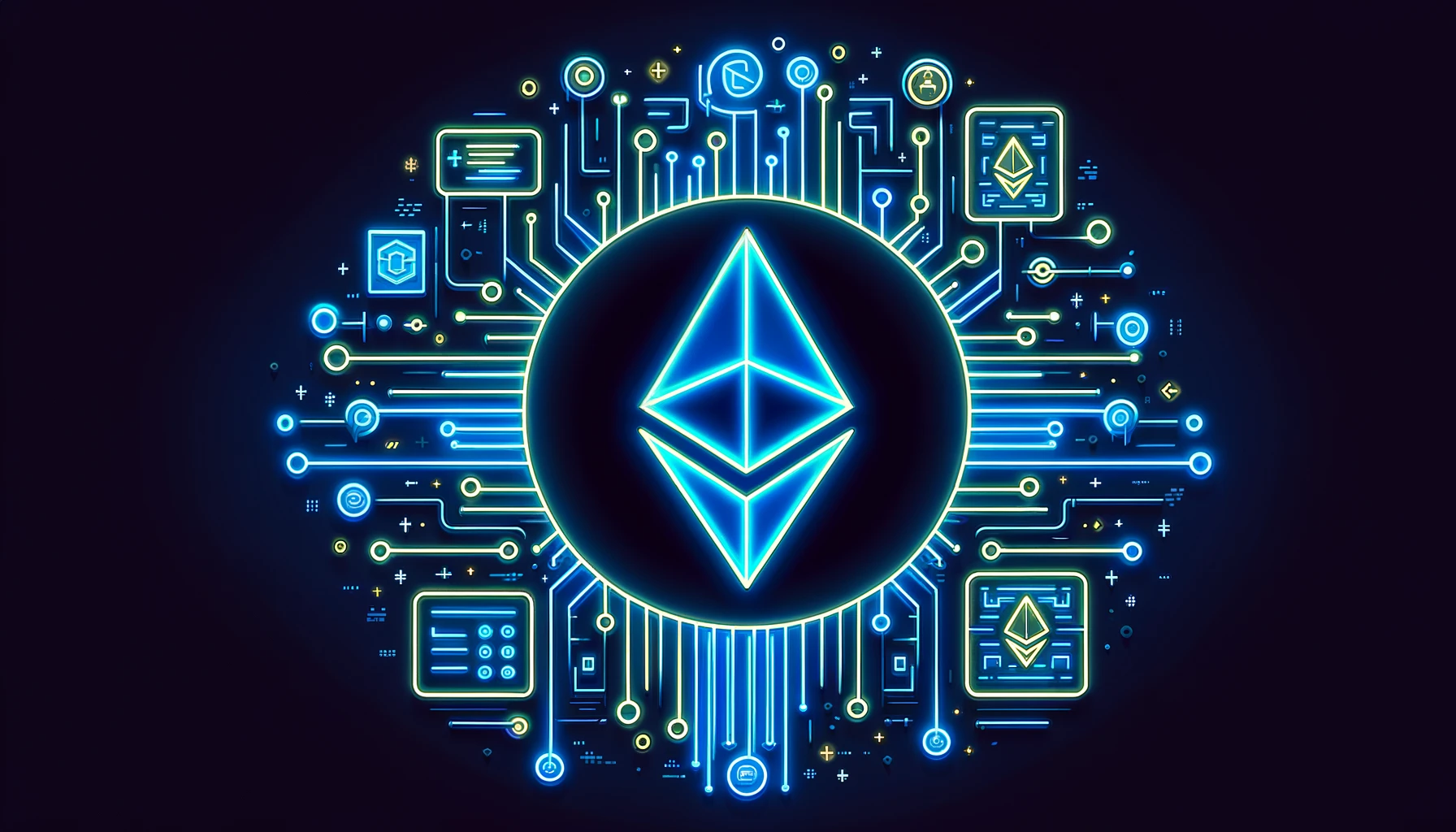
Dencun’s remaining testnet deployment will happen on Feb. 7.
Ethereum’s Dencun improve is now reside on the Sepolia testnet following a clean deployment.
Dencun went reside on Sepolia on Jan. 30, marking the second of three testnet deployments for the highly-anticipated improve.
“Sepolia has finalized,” tweeted Terence Tsao of Prysmatic Labs, the workforce behind the Ethereum shopper, Prysm. “Sorry for an uneventful improve.”
“Blobs at the moment are flowing in Sepolia,” tweeted Paritosh, a DevOps engineer on the Ethereum Basis. “Uneventful testnet forks are the very best ones!”
The fork follows a considerably rocky preliminary gown rehearsal on the Goerli testnet on Jan. 17. The Goerli fork triggered a community break up ensuing from a bug encountered by the Prysm shopper. Builders rectified the incident a number of hours after the fork’s initiation.
Dencun remaining testnet deployment will happen on Ethereum’s Holesky testnet come Feb. 7.
EIP-4844
Dencun will considerably enhance information availability and scale back the charges related to transacting on Layer 2 by changing gas-intensive calldata with blobs through the EIP-4844 improve, additionally dubbed proto-danksharding.
The improve positions Ethereum’s Layer 2 ecosystem to compete with the transaction charges provided by various Layer 1s whereas inheriting the advantages of the Ethereum’s mainnet sturdy safety layer.
A latest improve in on-chain exercise has pushed up Layer 2 transaction prices, with gasoline charges up between roughly 50% and 100% since mid-October on many main L2s together with Arbitrum, OP Mainnet, and Base, in accordance with information from GrowThePie.
In an look on The Defiant Podcast, Carl Beekhuizen of the Ethereum Basis described the price of storing information on-chain as the first bottleneck limiting the scalability good points accessible at Layer 2.
“When you scale to hundreds and hundreds of transactions, then rapidly it prices so much simply to [store the data] on-chain,” Beekhuizen mentioned. “The thought behind Danksharding and EIP-4844 is to offer actually low cost information storage… so the L2s can present low cost transactions to their customers.”
